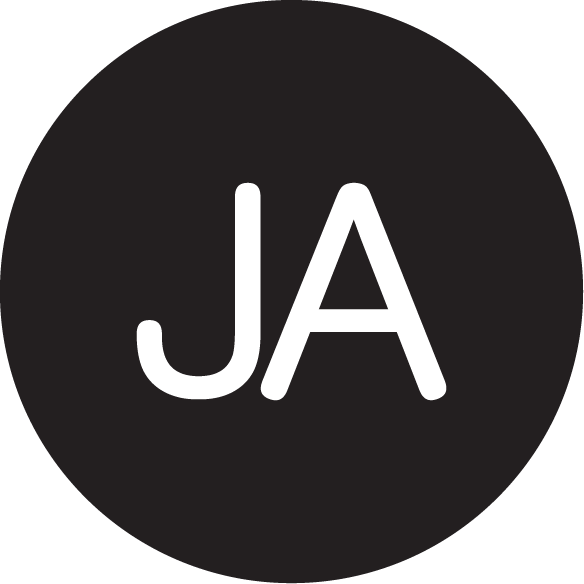The Just Label: Making Social Justice Our Business
/This article appeared in the March/April 2021 issue of Architectural West Magazine
johnston architects’ updated just 2.0 label
Johnston Architects (JA) believes the foundation of our firm must be rooted in equity and fairness to produce architecture that mirrors the same values in the neighborhoods and communities in which we live and work. This concept was born when the firm was founded in 1991 by a young couple with two children, balancing work and life responsibilities as they transformed their neighborhood, one remodel at a time. Today, our projects are more diverse in type and geography, but the adherence to this basic precept is just as strong.
Though the firm has always held these beliefs, it was not until recently that we began to formally quantify them and make an objective assessment of what that meant. In the International Living Future Institute™ (ILFI) Just program, we found the perfect measure to gauge our success and see where we fell short. The program helped highlight the nature of JA’s commitment and act as a framework to guide the progression of the firm as a model for social justice in the workplace.
The Just program, at its simplest, is like a nutrition label designed to measure social justice. It is a voluntary reporting platform for organizations of all kinds. The reporting is organized around six categories that include diversity and inclusion, equity, employee health, employee benefit, stewardship, and purchasing. It was developed by ILFI in 2014 to broaden and reinforce the institute’s work on equity within the Living Building Challenge™ and Declare initiatives, its focus on increasing transparency and reinforcing the primacy of people within the construct of sustainability. By producing a label for organizations, rather than the products they manufacture, the focus of Just was drawn to the human element and conditions under which products and services are created.
In 2018, JA decided to participate in the Just program and took a look in the mirror. This kind of self-reflection in the corporate world can be unsettling, awkward, even frightening, but, as we dove into the process, we recognized that the Just program is a comprehensive tool designed to assess where we were and strategize where we could go. It exists to help shape policies and quantify what businesses are doing from a different perspective. The initial effort to gather the data and create policies was not overly onerous with ILFI’s support.
We found that JA was doing well in some categories, but others were out of focus. As a women-owned business, we scored well in the equity, diversity, and inclusion categories. This ran true with the firm’s philosophy and validated our work. Though we scored well in diversity, it also pointed out what we already knew, which was that as an industry, we must do better. After our evaluation process, we implemented specific firm policies and outreach plans to increase our inclusion and diversity efforts.
An area that we realized needed more focus was our purchasing. JA had an informal policy of purchasing from local businesses but had never looked over the receipts to see how we were doing. Participating in Just forced us to evaluate and resulted in JA enacting a formal policy around ethical purchasing from local and disadvantaged vendors.
One of the most interesting elements of Just was the Freedom of Association metric, initially developed to gauge an organization’s commitment to allowing its employees to form a union. Historically, architecture unions have not played a significant role in the profession, and this metric did not seem to apply to us. However, after discussing this with ILFI, we implemented procedures to give voice to JA’s team members who were not in the management group. We created feedback forums in which staff meet away from management and discuss what they would like to see the firm doing more of or doing better. These notes are presented to management, who then responds to employee’s concerns. This process has been extraordinarily beneficial and led to several changes in the firm.
We are very proud of being early adopters of Just and have recently updated our policies as a participant in Just 2.0. This renewal allowed JA to elevate our existing policies and procedures. We used the measure of where we were in 2018 and took strides to align our policies more fully with our values in 2020. Looking ahead, we believe Just will shape our human resources manual, business decisions, and company policies for the foreseeable future. Just is a powerful metric to support strides in equity and justice, not just for JA, but for the profession.

